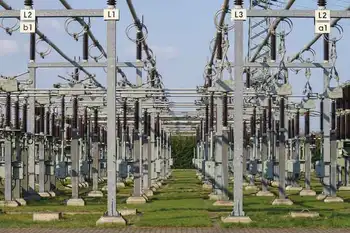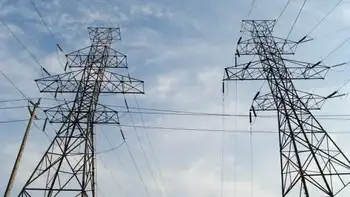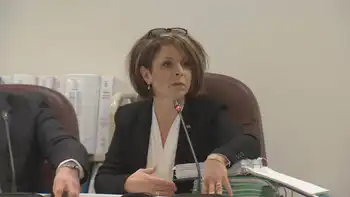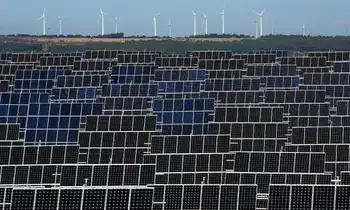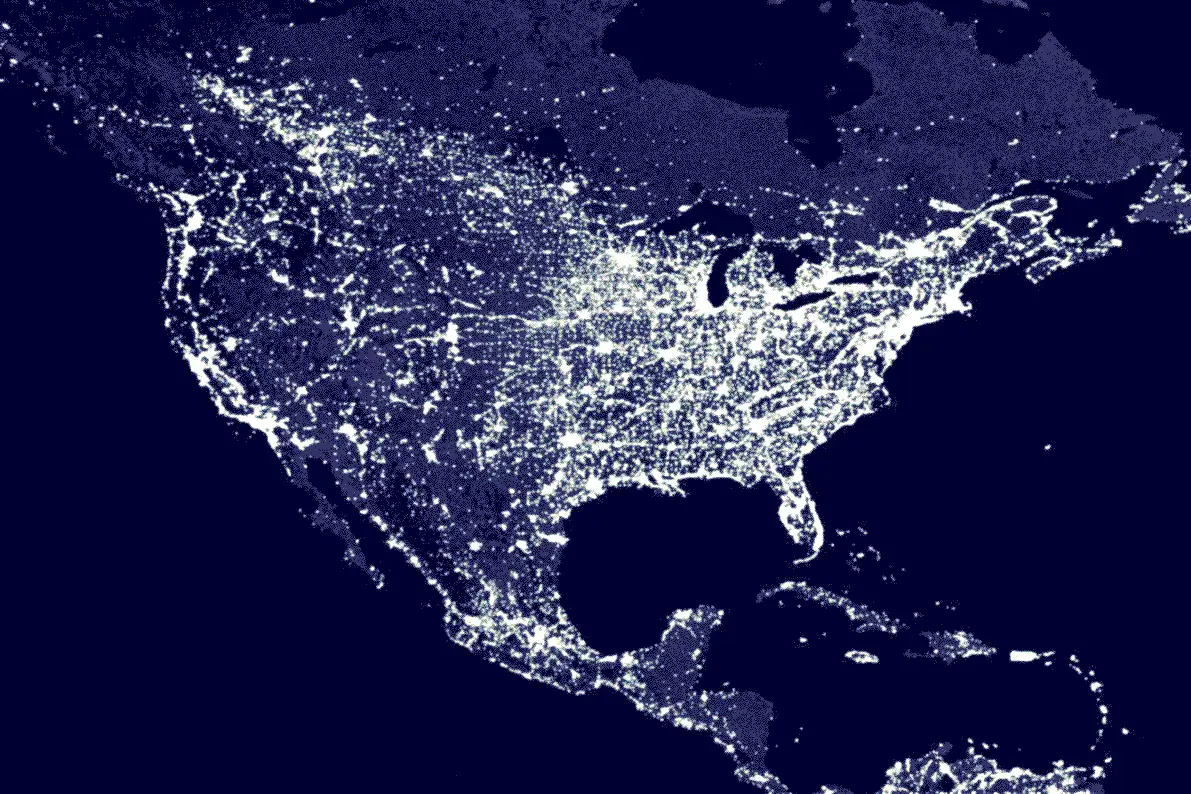China, India endorse Copenhagen climate deal
By Reuters
High Voltage Maintenance Training Online
Our customized live online or in‑person group training can be delivered to your staff at your location.

- Live Online
- 12 hours Instructor-led
- Group Training Available
More than 100 nations have now endorsed the Copenhagen Accord, a non-binding agreement reached after two weeks of tortuous wrangling at a 194-nation summit in December.
The accord plans $100 billion a year in climate aid for developing nations from 2020 and seeks to limit global warming to below 2 degrees Celsius (3.6 Fahrenheit) above pre-industrial times, but produced no timetable of emission limits to reach that goal.
Indian Environment Minister Jairam Ramesh told parliament that India would also let its name join the list of "associated" countries on the three-page document.
"This will strengthen our negotiating position on climate change," Ramesh said.
Chinese negotiator Su Wei wrote a one-sentence letter to the UN Climate Change Secretariat in Bonn saying that it could "proceed to include China in the list."
China, the United States, the European Union, Russia and India are the main emitters of the greenhouse gases that are blamed for global warming — mostly carbon dioxide from burning fossil fuels. Only Russia has yet to associate with the deal.
The endorsements are a small boost for the Accord, which environmentalists say was a bare-minimum outcome from a summit that many nations hoped would end with a broad, legally binding pact to fight climate change.
But they offer little indication of how, or when, rich and poor nations might agree on a binding mechanism for combating climate changes that scientists say will multiply droughts, floods, storms and heatwaves, and dramatically raise sea levels.
China and India have preferred since Copenhagen to stress the supremacy of the 1992 UN Climate Convention, agreed in Kyoto, which puts the emphasis on rich nations cutting emissions.
Ramesh reiterated that India's support for Copenhagen was lukewarm.
"The Accord is a political document. It is not a template for outcomes," he said, adding that it could not supplant years of UN-led talks meant to yield a new, binding treaty.
In contrast, the United States, which wants to bind the major developing economies such as China and India into commitments to limit emissions, has said that the Accord could guide talks on a new treaty.
It has urged "further formalization of the Accord" at the next major UN climate meeting at the end of 2010 in Mexico.
Progress on a new treaty has stalled, partly because the U.S. Senate has yet to decide whether to cap greenhouse gas emissions. President Barack Obama wants a cut of 17 percent from 2005 levels by 2020, or about 4 percent below 1990 levels.
Few countries want to commit to a costly shift to renewable energies unless Washington joins in. Skeptics are questioning the 2007 conclusions by a UN panel of scientists that blamed mankind for global warming after errors in the report.
At the end of the Copenhagen summit, the BASIC group of nations — China, India, South Africa and Brazil — joined the United States, the European Union and a small number of other countries in agreeing to the Accord.
But the text was only "noted" by the summit as a whole after objections from a few developing nations such as Sudan, Ecuador and Venezuela. In a compromise, it was decided nations wishing to "associate" with it would be listed at the top of the text.





